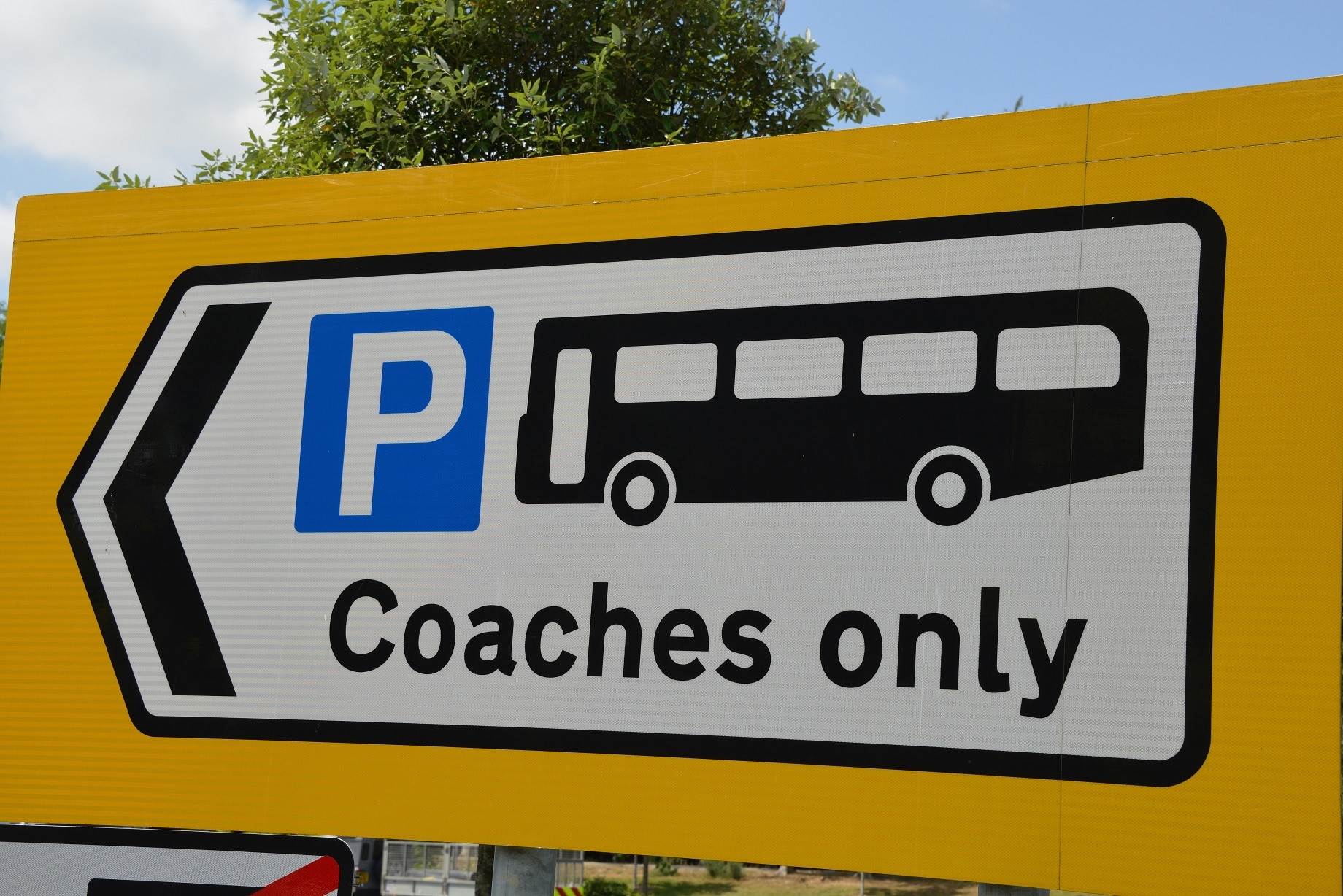With the cost of bus travel being brought into question, Ralph Roberts reminds politicians that lowering fares comes from the right market conditions
There has been a lot of noise recently about the cost of bus travel. Indeed, I have had a number of well-meaning letters from politicians who think that lowering fares is as easy as flicking a switch. I also notice that a number of Bus Service Improvement Partnership applications in Scotland include lowering fares as a core measure. A good thing to do.
I know I am in the majority when I say that most bus managers would rather lower fares than raise them, but we are managers, not magicians. Bus fares are driven by market conditions and are generally a result rather than a starting point. This is my worry about the fares debate – those with no material risk or skin in the game want to start with the fare and forget about everything else. Reducing bus fares is an aim the Confederation of Passenger Transport fully supports. But for fare cuts to be sustainable over the longer term we must put the conditions which will drive lower fares front and centre of the debate.
I had a national politician recently who wanted the fares in Glasgow to be the same
as in London. We all know the story and it has been repeated many times around the UK, but this politician was genuinely surprised when I pointed out the obvious. Their response was: “So you are in favour of franchising then?” No, I am not in favour of business confiscation without compensation.
The general theme seems to be that we are in a cost-of-living crisis, so bus fares are the thing that will make the difference. Not the price of electricity, gas, bread, milk or other staples, just bus fares. Indeed, even the cost of franchising is something that passes most of the politicians by.
In Scotland for example, the government plans to spend £5bn on rail over the next couple of years. In comparison, bus will receive £50m a year plus a £500m bus priority pot that local authorities seem reluctant to spend. Well short of one tenth of the spend in the same timeframe. The fact that 22% of public transport journeys are made by rail while 74% are made by bus, just makes the logic even more difficult to grasp.
This might sound like a bus vs. rail argument, but it is not. I am happy that the rail network is being invested in. I am also very unhappy about how these myopic policies culminate in giving the bus user such a bad deal. And, if it is fares we should focus on, why are rail fares so high, when they are essentially controlled or sanctioned by the very same people asking for bus fares to be lower? One of life’s true mysteries.
As an industry, how do we make those with little knowledge of how it works see sense? I believe that the message needs to be simple. Create the correct market conditions by managing the road space and allowing buses to be as productive as they can be, and you will see the lowest possible fares. If that isn’t low enough, fund bus companies to cut them further. It is a political social policy after all, not a market driven possibility.




























